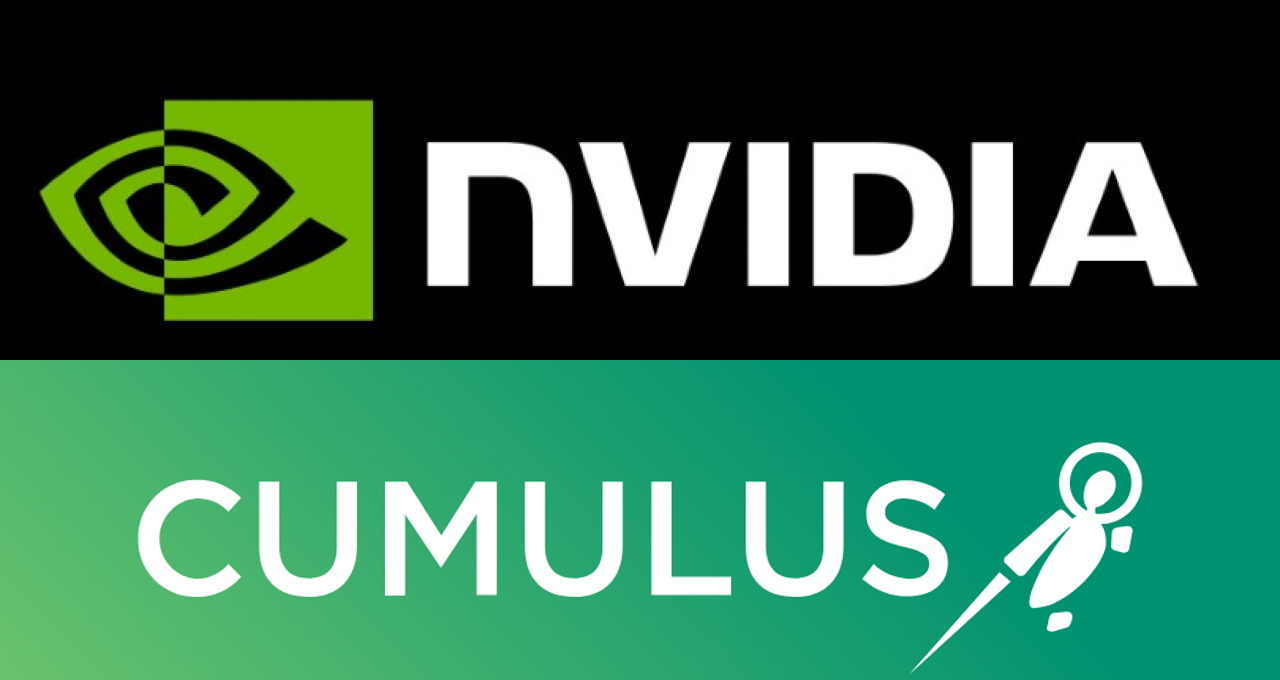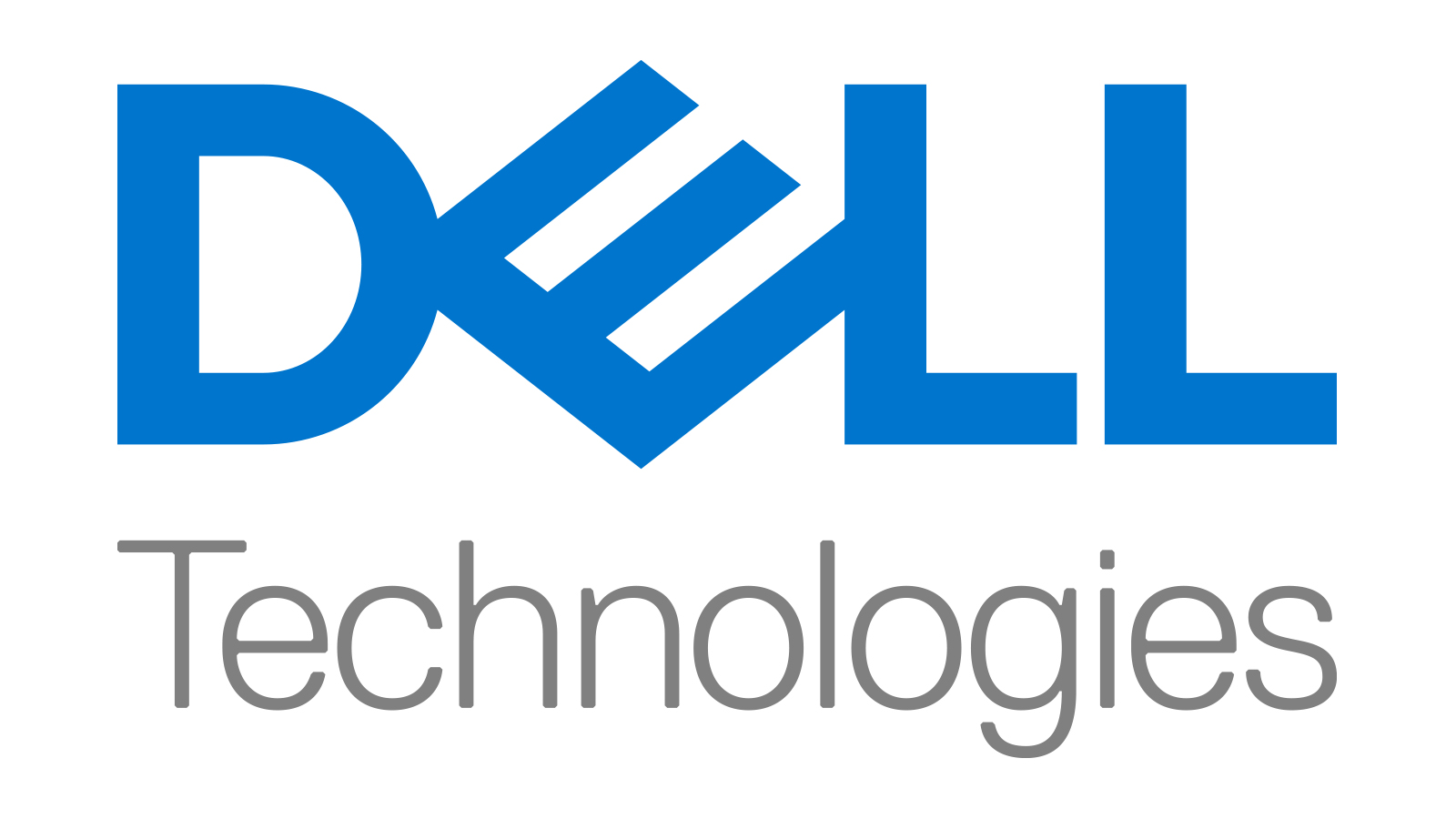Enterprise networking companies help businesses route, link, assign, and manage resources more dynamically, intelligently, and conveniently by increasing automation, artificial intelligence (AI), and improved monitoring. It has resulted in a more adaptable, agile, and cost-effective digital corporation management framework.
Enterprise networking firms are more important than ever in the age of multi-cloud computing. Despite not replacing traditional frameworks, software-defined networking, or SDN, has emerged as the industry’s central technology as cloud computing and software-defined data centers have grown in popularity.
According to Datamation, the top five enterprise networking service providers are mentioned below, along with the most essential features and capabilities they provide.
Top 5 Enterprise Networking Companies

Because modern organizations rely significantly on connectivity, finding the finest enterprise networking companies is critical to ensuring your network remains secure and connected. For your convenience, we have created a list of the top five enterprise networking companies. You may be confident that your systems and data are safe with their dependable solutions and support. From advanced networking technologies to complete security services, these firms provide everything required for smooth corporate operations. You should keep an eye on these organizations if you want to keep your business connected to the outside world while still assuring its security.
1. HPE – Aruba

HPE-Aruba is well-known for its concentration on unified networks as the market-leading enterprise networking companies. Aruba provides an end-to-end interface as well as a scalable SDN. End-to-end orchestration and zero-touch provisioning are provided through a single pane of glass. It manages automatic policy enforcement for the user, device, and app in landline and wireless networking.
Aside from Python scripting and APIs, the platform offers several cloud-based solutions to improve SD-WAN performance and simplify IT operations. Customers praise the company’s security, reconfigurability, and user experience.
Aruba has bought Silver Peak Systems, the market leader in SD-WAN. The platform includes, among other things, WAN optimization, segmentation, routing, a firewall, better orchestration, automated lifecycle management, and machine learning.
Pros
- HPE’s networking portfolio automatically resolves policy discrepancies and secures all security data while distributing company-wide regulations.
- Enterprise networking solutions provide segmentation for remote work, office connections, and the Internet of Things (IoT), as well as faster vulnerability analysis and identification for enrollment and configuration.
- Network visibility: HPE Aruba provides a single point of contact for infrastructure data monitoring for enterprises of all sizes. It enables the organization to have performance, warnings, and client data flow.
Cons
- Integration: HPE Aruba’s enterprise networking product has several technological integration concerns.
2. Cisco

This system is, without a doubt, the networking industry leader, offering crucial knowledge and products for practically any business or commercial need, from carrier-grade equipment to corporate data center solutions.
Cisco Digital Network Architecture serves as the company’s product base. Cisco DNA automates processes and ensures services across campus, branch networks, and wide area networks (WANs) using a software-delivered methodology.
It is intended for multi-cloud setups and uses AI/ML tools to prevent security threats and automate, assess, and improve performance. The critical components are behavioral tools, analytics, SD-WAN, automated workflows, and other software-defined solutions with Ethernet and wireless connectivity.
The enterprise network security solutions, hardware, software, switches, routers, and SD-WAN devices are also praised.
Pros
- Scalability: The networking platform from Cisco Systems is scalable for enterprises of any size, particularly those growing.
- Excellent administration: Several clients have commented on how the networking platform can handle their infrastructure and data without requiring much human participation.
- Customers can view a dashboard displaying all of the company’s infrastructure components on Cisco’s visibility page.
Cons
- Expensive licensing: The cost of licenses might be prohibitive for small businesses.
READ MORE:
Why the Aruba 2930M Series is the Perfect Solution for Your Network Infrastructure
3. Arista Networks

Arista Networks uses SDN to promote cloud computing and “cognitive networking.” Through a range of technologies, it provides unified peripheral systems across networks.
The vendor provides a wide range of enterprise networking-specific hardware and software solutions. Its Cognitive Campus solution optimizes cloud solutions for performance through an analytics-driven methodology that heavily emphasizes cybersecurity, visibility, and location-based services.
The software-driven method improves network security and monitoring, minimizes networking complexity, and increases performance and dependability. The vendor’s Cognitive Management Plane uses a repository and artificial intelligence to automate various functions.
Pros
- Using a single operating system: Arista Networks’ networking solution leverages an infrastructure-wide system to eliminate worries about backward compatibility.
- Arista Networks users demand a more straightforward and intuitive configuration than traditional networking software.
- Due to its structure, Arista Networks’ networking solution is easier to manage than rival systems.
Cons
- Arista Networks’ solution may be more expensive for some clients when compared to other enterprise networking systems.
4. NVIDIA Cumulus Networks

Cumulus Networks, currently a part of NVIDIA, provides its Cumulus NetQ solution, which includes real-time visibility, troubleshooting, and lifecycle management features.
Cumulus promotes networking in a “holistic” manner. It is based on the Linux community and provides automated solutions without specific hardware. According to Forrester, the strategy is an “app-dev perspective.”
Cumulus has complete tools and controls for improved telemetry, deep analytics, and lifecycle management. NetQ employs specialized agents to collect telemetry data across the network and deliver real-time insights, such as changes in data center conditions.
Administrators can use diagnostic tools to review event change logs for the entire fabric, replay network states at a specific time, and trace network pathways. The platform includes sophisticated scripting and configuration tools.
Pros
- Cumulus employs an open network with decoupled networking hardware and software and open networking standards.
- Even though networking technologies might be challenging to understand and adapt to with current systems, users indicate that the platform is simple.
- Learning a new technology can take several hours or even days. Cumulus speeds up business operations, saving businesses money and time.
Cons
- Cumulus has a license fee, which raises the cost of smaller networks in areas where other networking solutions do not.
5. Dell Technologies

Dell Technologies provides a diverse and well-regarded suite of business solutions. The company provides various enterprise network technologies and solutions, including network operating systems, Ethernet switches, wireless equipment, innovative fabric management software, automated fabric management services, and other SDN-supporting tools and products.
Dell Technologies provides combined hardware and software solutions for SD-WAN and clouds and enhances cloud integration for periphery connection. It enables autonomous fabrics’ deployment, expansion, and lifecycle management using software-defined infrastructure.
The company wants to use a single pane of glass to “meet the demands of modern workloads and virtualization environments while greatly simplifying deployments and management.”
Pros
- Automated tasks are lauded for saving time and money when using Dell’s networking services.
- Beneficial backups: Customers feel safe and secure when Dell Technologies backs up its data.
- Dell provides knowledgeable and competent customer service to help with various network issues.
Cons
- Customers have stated that periodically clearing the Java cache takes time and that using Dell’s enterprise networking services necessitates using Java.
To Conclude
It is critical to choose the enterprise networking solution provider carefully. As SDN grows more prominent in the business, it is critical to understand how different networking solutions tackle the problem, such as whether a vendor uses a standard approach or deploys a hypervisor atop a virtual network.
Despite the fact that all workplace networking solutions purportedly handle the same broad duties — centralizing complicated management and administrative functions and improving manageability – the way products operate differs significantly. This includes vendor-specific features, how network management tools connect with other IT systems, built-in troubleshooting and security capabilities, and, most crucially, a grasp of an organization’s specific requirements.
ICT Distribution is your best bet in finding a reliable distributor of HPE products in Cambodia if you’re in the market for either of those brands.
READ MORE:
Aruba CX 6400 Series: The Future of Network Switching Technology

